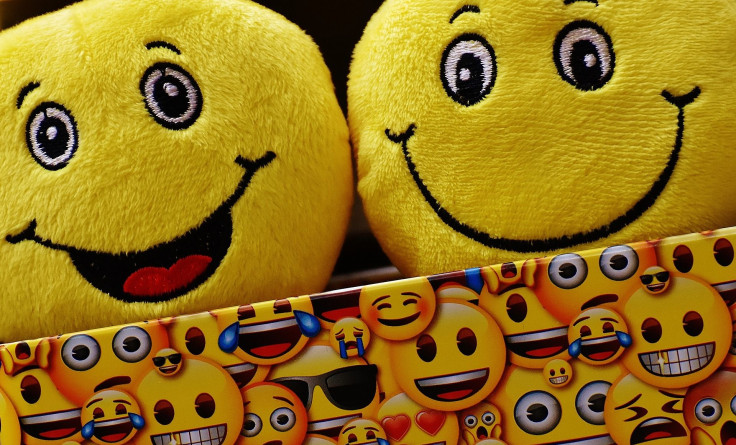What Your Emojis Say About Your Personality, According To Psychologists

Smiling faces with heart eyes. The thumbs up sign. A pile of poop. These seemingly basic characters we use to add flare to our online communication may convey more than meets the eye. Research suggests the use of emojis and emoticons may reveal personality traits.
Psychologists Linda Kaye, Stephanie Malone, and Helen Wall conducted research to better understand the human connection of this type of cyber communication. Their forum paper was published in Trends in Cognitive Sciences.
Read: Frequent Emoji Use Suggests Constant Sexual Thoughts: Survey
The authors conducted two companion studies. The first looked at how psychological considerations impact emoji use in text messages, Facebook, and email. The participants provided self-reported emoji and emoticon use and their personality traits. They then provided information from their Facebook and engaged in ten-minute conversation with an unknown user with instructions to engage as naturally as possible.
“Trait analysis revealed that agreeableness was positively related to self-reported emoticon usage on Facebook, but not in texts or emails,” the authors wrote in their paper.
The findings of their first study led to the basis of their second one. The participants analyzed the Facebook profiles and conversations of the participants in the first study and then rated what their first impression was.
This study revealed those who used positive “happy” emoticons were easier to agree with and more open and conscientious.
Emojis are valuable in adding emotion to a conversation, but think twice about which one you choose because it might be taken the wrong way.
“People are making judgements about us based on how we use emojis, and they’re not necessarily accurate,” co-author Linda Kaye, said in a press release. “What we need to be aware of is that those judgements might differ depending on where or whom you’re using those emojis, such as in the workplace or between family members.”
Although much of the psychology behind emoji and emoticon use remains unknown, the researchers say they hope to better understand “the intersection between in-person and online interactions and how human nature can be reflected through digital media.”
As for now, it doesn't look like emojis are going away anytime soon. Over 90 percent of the online population uses emojis and emoticons, according to Emogi's "2016 Emoji Report."
See also: Smiley Face Emoticon Registers In Brain As Real Human Smile



























